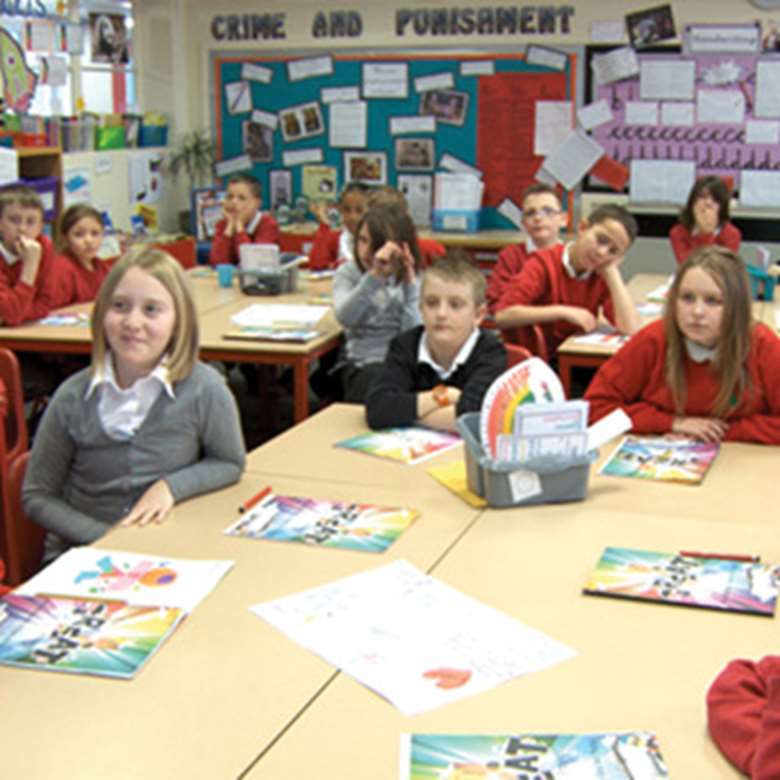How relationships course for pupils helps promote healthy relationships
Emily Rogers
Monday, September 29, 2014
Course raises awareness of domestic abuse among older primary school pupils and promotes healthy relationships.

Project
Good Relationships are Equal and Trusting (GREAT)
Funding
Each four-week course costs £1,200. This is subsidised by Nottingham Crime and Drugs Partnership, so schools pay £750
Background
An estimated one in four women experience domestic abuse in their lifetimes and three children in every class of 30 are likely to be living with some form of domestic abuse at home. Nottinghamshire domestic violence charity Equation had run awareness-raising projects in schools since 2002, but was keen to create a single programme to ensure a consistent message to all children. "We wanted to create a brand people would recognise and children would relate to," says GREAT project co-ordinator, Yvette Khouri-Bent.
Action
The GREAT Project, launched in 2010, is an interactive, four-week course of two hours a week, led by two facilitators. It is mainly aimed at pupils in Year Six, but Khouri-Bent says "more and more schools" say children need the course in Year Five, before they start developing romantic relationships.
The first session involves children reflecting on what factors contribute to relationships being happy or unhappy. In week two, they learn about the different types of domestic abuse, what can stop people disclosing it and where those affected can access support.
In session three, the class examines the excuses often used to justify domestic abuse, such as stress at work, and children discuss how people can deal with such issues in other ways. In the final session, they explore gender inequality throughout history, as well as challenging their own attitudes towards gender roles and stereotyping.
The course ends with participants making a class promise to show their collective responsibility for respectful behaviour. Each writes an individual goal, such as: "I will never do domestic abuse and will always be fair to everybody."
"It's really empowering, because you give them the opportunity to think about what change they can make," says Khouri-Bent. "The message we're trying to leave them with is that if we're going to reduce domestic abuse, we need to make sure we're living in a fair society and things are fair between boys and girls."
Outcome
Pupils completed questionnaires just before the course, at the end and one month later.
Before the project, 64 per cent of the 1,461 children who took part in courses between April 2012 and March 2013 felt it was "never right for violence to be used in a relationship".
At the end of the project, a total of 75 per cent agreed with that statement - increasing to 79 per cent a month later.
These courses also led to 33 children disclosing domestic abuse at home, which enabled schools, Equation and other partners to help their families.
Between September 2013 and July this year, a further 25 participants disclosed incidents of abuse.




